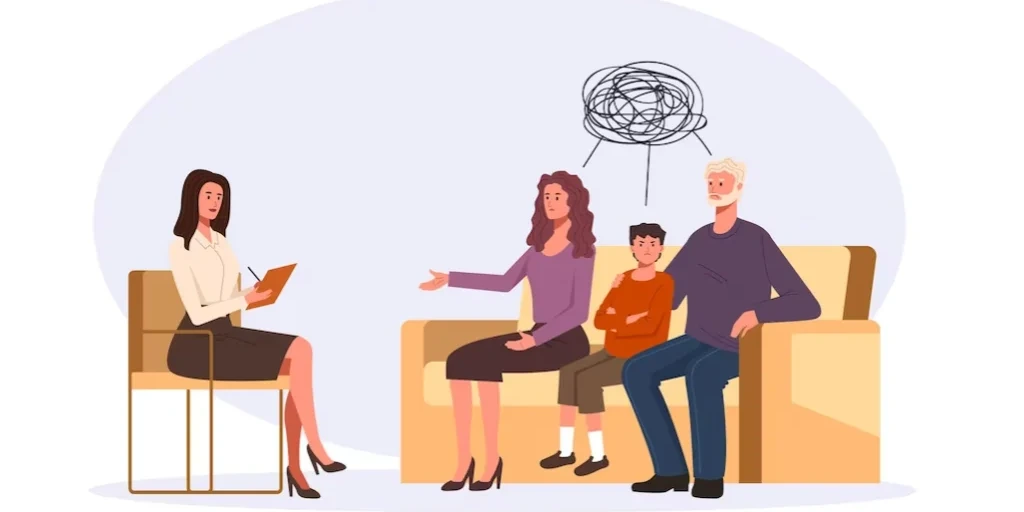24/7 Helpline:
(866) 899-221924/7 Helpline:
(866) 899-2219
Learn more about Eating Disorder Treatment centers in Polk County

Other Insurance Options

WellCare Health Plans

MVP Healthcare

Evernorth
Beacon

AllWell

UMR

CareFirst

Self-pay options

Ceridian

Absolute Total Care

WellPoint

Sliding scale payment assistance

PHCS Network

Premera

Molina Healthcare

MHNNet Behavioral Health

Regence

Coventry Health Care

Multiplan

Covered California




















